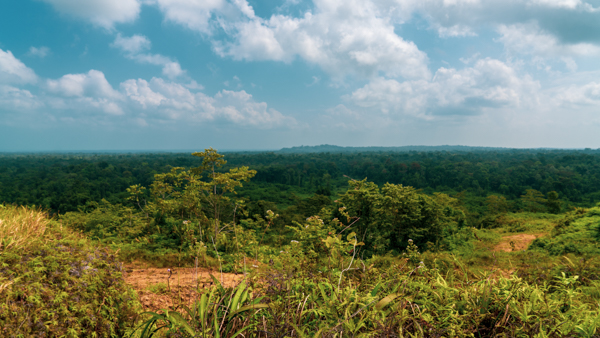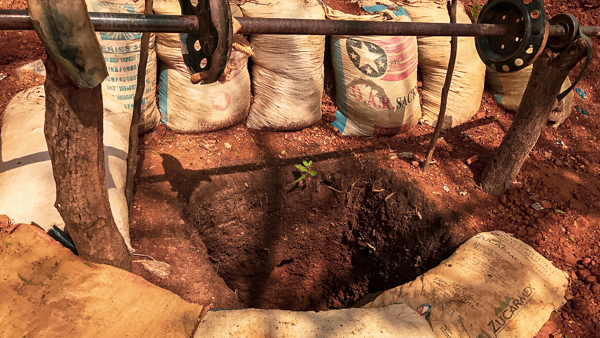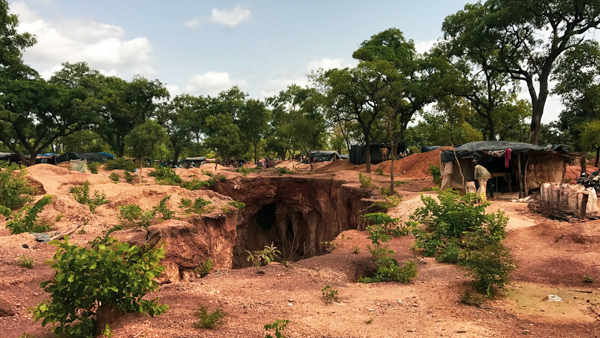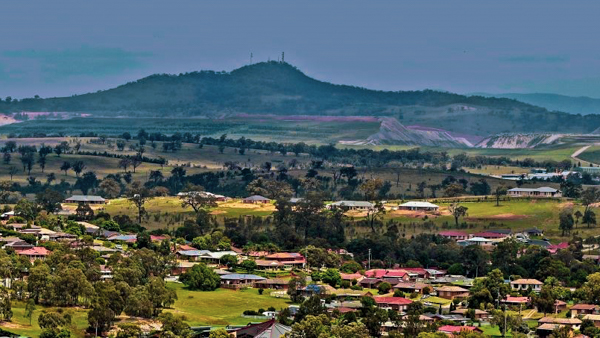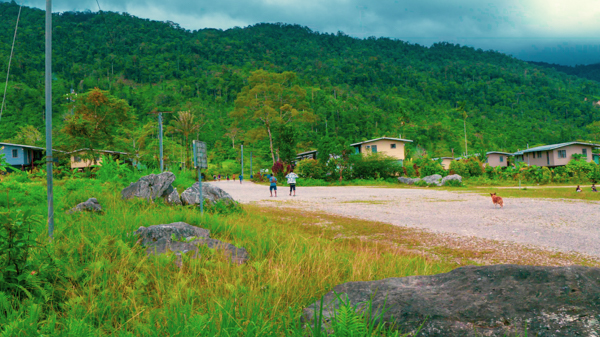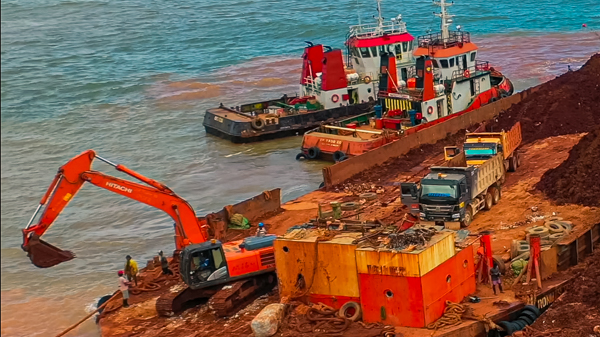Project
Market Scan for Australian Extractives Development Assistance
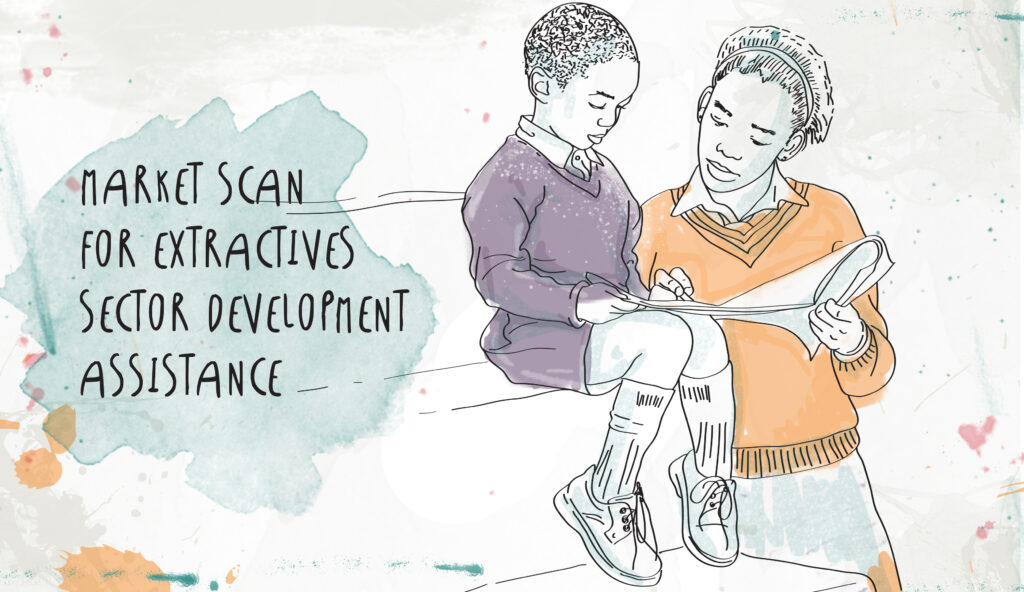
For developing countries rich with mineral resources, the extractives sector has the potential to boost government revenues while creating positive local impacts. Yet without an effective, transparent and well-resourced policy and regulatory regime, the potential benefits of extraction can be eroded or lost to corruption, social conflict, ecological degradation and economic mismanagement.
Australia’s 2017 Foreign Policy White Paper signals an intent to provide development assistance to “help partner countries maximise benefits from their natural resources and energy sectors”, a commitment that is also reflected in Australia’s efforts to implement the Sustainable Development Goals.
Against this backdrop, Square Circle was commissioned by the Australian Department of Foreign Affairs and Trade (DFAT) to map development assistance needs in the global extractives sector, and to conduct a market scan of service providers that can contribute to Australia’s development assistance program in the extractives sector. Drawing on a series of interviews and surveys conducted for the market scan, six development assistance needs were identified for host countries seeking to responsibly develop their extractives sector, with gender and social inclusion a cross-cutting theme across all areas:
1. Building the sector through policy, regulatory capacity and a skilled workforce.
2. Creating subnational and local impact.
3. Promoting participation through shared infrastructure and shared value.
4. Balancing fiscal policy settings with the drivers of investment.
5. Environmental and safety stewardship.
6. Regulating the informal sector for development impact.
Our report and the accompanying database are helping to inform the Australian government’s extractives development assistance program for partner countries as they seek to responsibly develop their natural resource and energy sectors.

